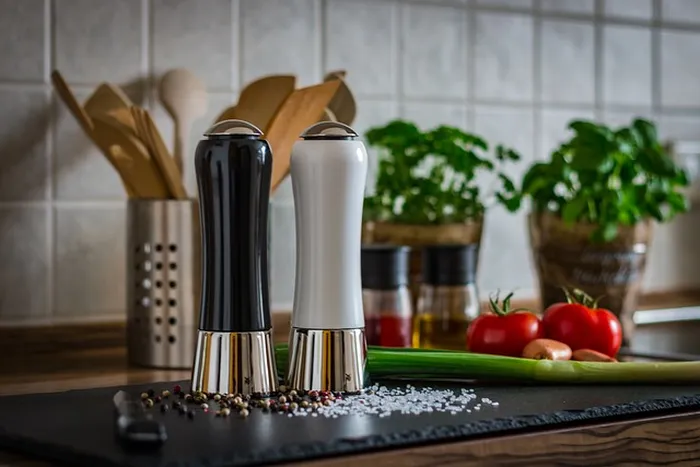Stop what you’re doing and check your salt intake. Excess sodium in your diet could be secretly sabotaging your health in more ways than you might expect.
The Hidden Effects of Excess Sodium
It’s no secret that consuming too much salt can lead to high blood pressure and an increased risk of cardiovascular disease. But did you know that it might also put you at risk for a host of other issues, including osteoporosis, kidney stones, and certain types of cancer?
Let’s dive into the details and uncover the truth about how cutting down on salt in your diet can lead to a healthier, happier life.
Osteoporosis and Sodium
Were you aware that excess sodium consumption can have a devastating impact on your bone health? In fact, research has shown a direct link between high salt intake and an increased risk of developing osteoporosis, a condition characterized by weak, brittle bones that can lead to painful fractures.
How does this happen? When your sodium intake is too high, your body is forced to extract calcium from your bones to neutralize the excess salt. This ultimately leaves your bones weak and more susceptible to fractures. And, while calcium supplements may help, the best way to maintain strong bones is by reducing your sodium consumption. To learn more about osteoporosis and bone health, check out what the National Osteoporosis Foundation has to say.
Kidney Stones and Sodium
Another serious issue that can stem from eating too much salt is the formation of kidney stones. Kidney stones are hard, painful deposits that form in the kidneys when there’s a buildup of minerals and salts (such as calcium and sodium) in your urine.
To avoid the development of kidney stones, it’s essential to cut back on your sodium intake. Why? High sodium levels can cause your body to release more calcium into your urine, creating the perfect environment for stones to form. For more information on kidney stones and prevention, visit this informative page from the National Kidney Foundation.
Stomach Cancer and Sodium
Several studies have suggested a link between high sodium intake and an increased risk of certain types of cancer, including stomach cancer. Consuming large amounts of salt in your diet can irritate the lining of the stomach, leading to inflammation and potentially cancerous cellular changes.
To lower your risk of stomach cancer, it’s essential to cut down on your sodium consumption and opt for a diet rich in fruits and vegetables that are high in vitamins, minerals, and antioxidants. For some dietary recommendations specific to cancer prevention, check out these tips from the American Cancer Society.
Tips for Reducing Sodium in Your Diet
Now that you’re aware of the potential dangers of excess sodium, it’s time to take action and start reducing the salt in your diet. Here are a few simple tips to help get you started:
- Read food labels – Make a habit of checking food labels for the sodium content and opting for low-sodium alternatives whenever possible.
- Cook at home – Preparing your meals at home gives you complete control over the ingredients used, so you can easily cut down on added salt. Swap out table salt for herbs, spices, vinegar, or lemon juice to add flavor to your meals without the sodium.
- Choose fresh foods – Many processed and packaged foods are high in sodium, even those that don’t taste salty. Stick with fresh fruits, vegetables, and meats whenever possible, and avoid processed foods that are loaded with hidden sodium.
- Don’t be fooled by “low-salt” alternatives – Be wary of products labeled as “low-salt” or “low-sodium” alternatives, as they may still contain significant amounts of sodium. Always check the food label to ensure you’re making a healthier choice.
-
Watch out for high-sodium foods at restaurants – Eating out can be tricky when trying to reduce sodium intake. Be mindful of menu items and sauces that may be high in salt, and don’t hesitate to ask for substitutions or adjustments to the meal.
In Conclusion
Consuming too much sodium in your diet can have serious health consequences, including an increased risk of osteoporosis, kidney stones, and certain types of cancer. But the good news is that making a few simple changes to your diet can help you cut down on salt and protect your overall health. Read food labels, opt for fresh foods, and don’t be afraid to get creative with herbs and spices as flavoring alternatives. Remember, a little less salt can go a long way toward a healthier you.



